6 Tips to Calm Vata Dosha
/Ayurveda is a way of healing and a way of life that always takes into consideration your whole being. According to the teachings of Ayurveda, every aspect of your life contributes to your overall health.
Are you suffering from any of the following?
Dry skin and hair
Gas and bloating
Constipation
Difficulty concentrating
Low back pain
Neck pain
Joint pain
Anxiety
Difficulty sleeping at night
Mood swings
Panic attacks
Ringing in the ears
Hearing loss
Neuropathy
All of these imbalances are caused by Vata Dosha. Vata is considered a basic type of energy or functional principles that is present in everybody and everything. Since there is no single word in English to describe this principle, we use the Sanskrit word Vata.
Dosha literally means fault, impurity or mistake. However this definition is not adequate in this context. Think of dosha as organization: as long as the doshas are normal in quality and quantity, they maintain a harmonious psychophysiology. However the moment they go out of balance, they corrupt or pollute or vitiate the tissues in the body and then they become Dosha. Therefore Dosha is that which becomes vitiated and then affects the bodily tissues leading to disease. But in a healthy way, Dosha is the principle that controls the psychophysiological response in your body and mind and all pathological changes.
Vata gives the following properties to your body and mind:
light (versus heavy)
dry
cold
rough and hard
subtle
clear
mobile - Vata is the governing principle of movement and affects the nervous system, joints and bones; especially the pelvic girdle when aggravated.
Tips to Balance Your Vata Dosha
1) Like Increases Like so focus on the qualities opposite to Vata
When calming Vata Dosha, opposite properties are applied such as heavy, grounding, oily, moist, warm, smooth, creamy and soft. Therefore, include in your diet lots of warm cooked grounding vegetable and chicken soups and stews, creamy sauces, healthy oils such as ghee, sesame oil and avocados, warm cooked cereals with soaked moist nuts and seeds.
2) Eat enough
Three square meals and two substantial snacks are ideal.
3) Avoid
Cold foods and drinks
Raw vegetables
Rough dried toast, chips and popcorn.
Caffeine and refined white sugar as they are very stimulating to the nervous system and will immediately provoke the Vata in your body.
4) Digestive Spices
When Vata is disturbed, it is difficult to digest food, therefore, prepare your meals with several digestive spices such as ginger, black pepper, salt, cumin, turmeric, oregano, basil, thyme, tamarind and lemon juice.
5) Warm Milk Tonic
Before bed enjoy a warm milk tonic with cardamom, nutmeg, ghee and raw honey.
6) Abhyanga - traditional Ayurvedic oil application
ABHYANGA is very important when balancing Vata. If you are suffering from severe symptoms, then apply warm Vata oil or sesame oil to the whole body for 20 minutes before a hot shower every day. Massage the whole body so you stimulate your vital points (Marma points) to enhance circulation and blood flow as well as to open subtle channels.
Individual Needs
Each person has individual needs and while these recommendations may greatly help you, consider taking your health to a greater level by understanding YOUR Ayurvedic body-mind type, your current imbalances, and how to maintain your equilibrium and harmony when you are in balance.
Each season, your body and mind are affected by the changes in the environment and imbalances occur if you don't know how to prevent them by taking the necessary precautions.
If you are suffering from severe symptoms that are interfering with your life, diet and lifestyle changes are likely not enough. It will take the expertise of an Ayurvedic Practitioner to bring you back into balance; it will take Ayurvedic herbs, various herbal preparations and other Ayurvedic treatments.
This is your life. The longer you wait receiving the support you may need, the deeper the imbalance will go and more serious issues may develop.
Healing Your Body Is Your Choice - Make It Now!
Namaste ॐ
Heidi Nordlund





